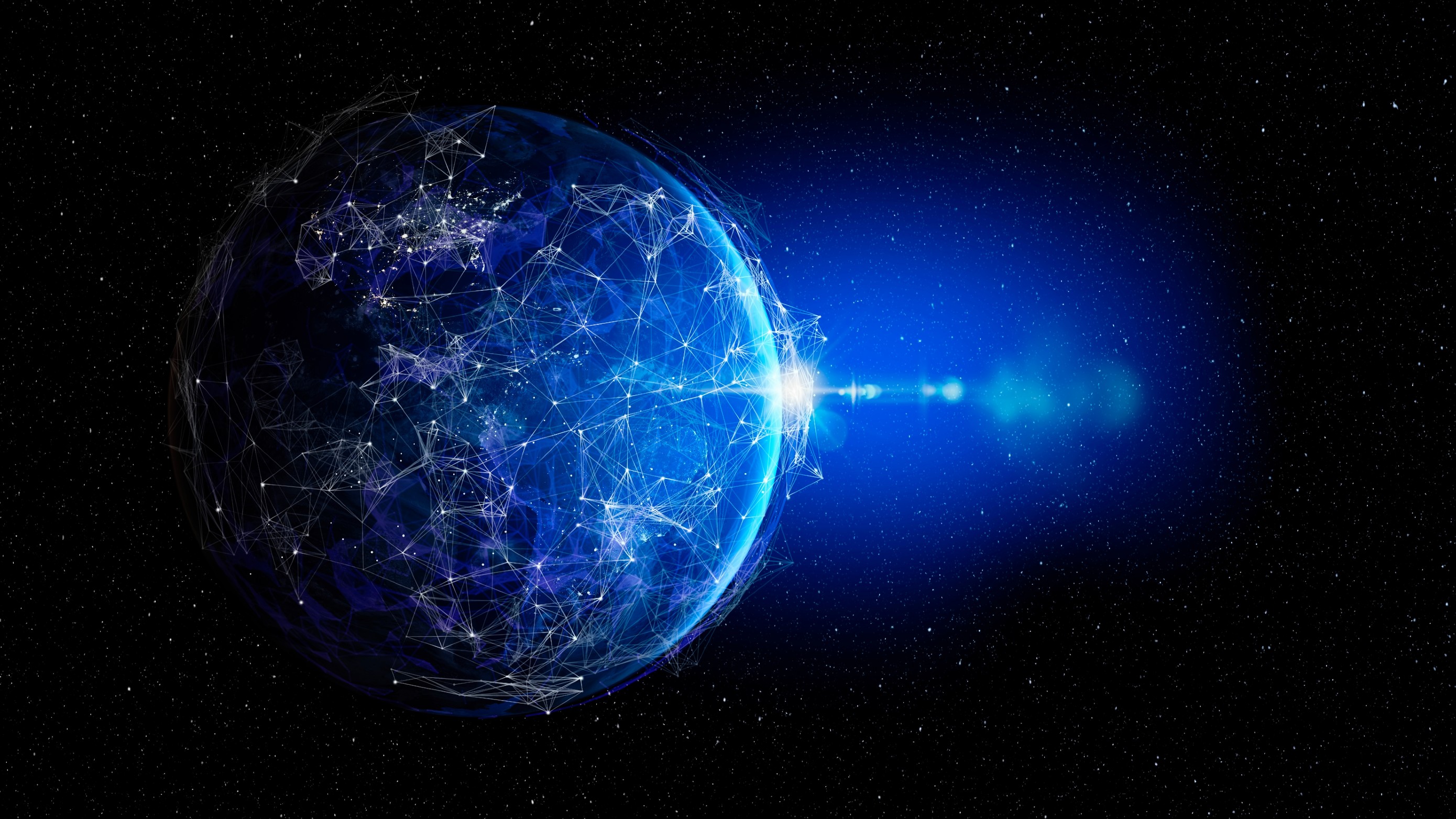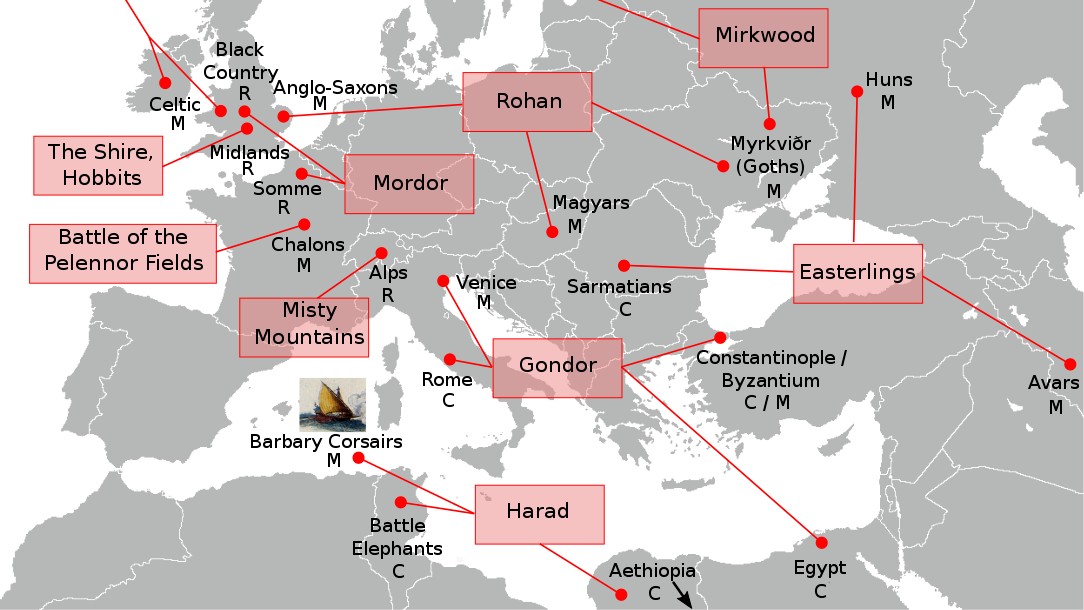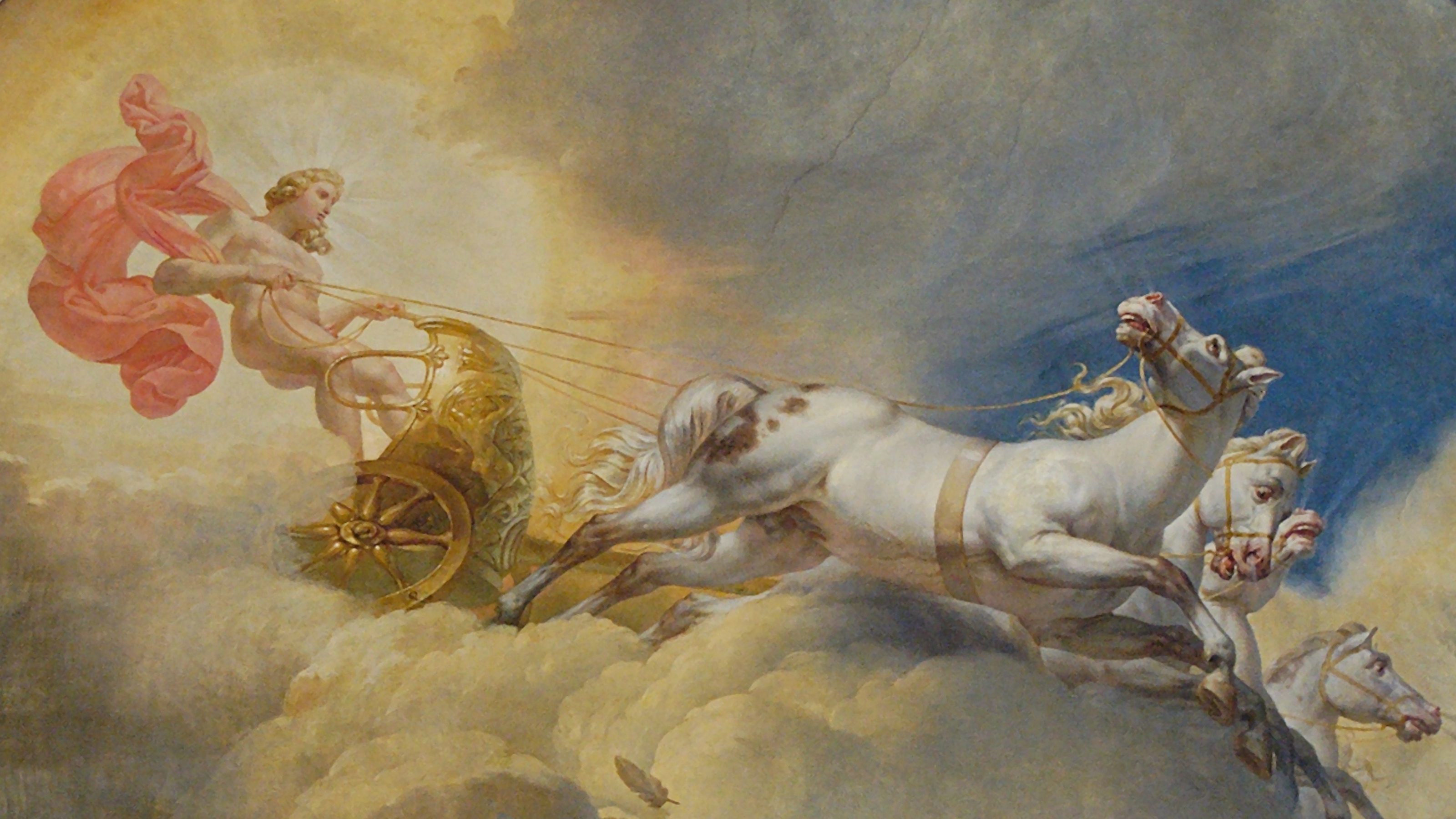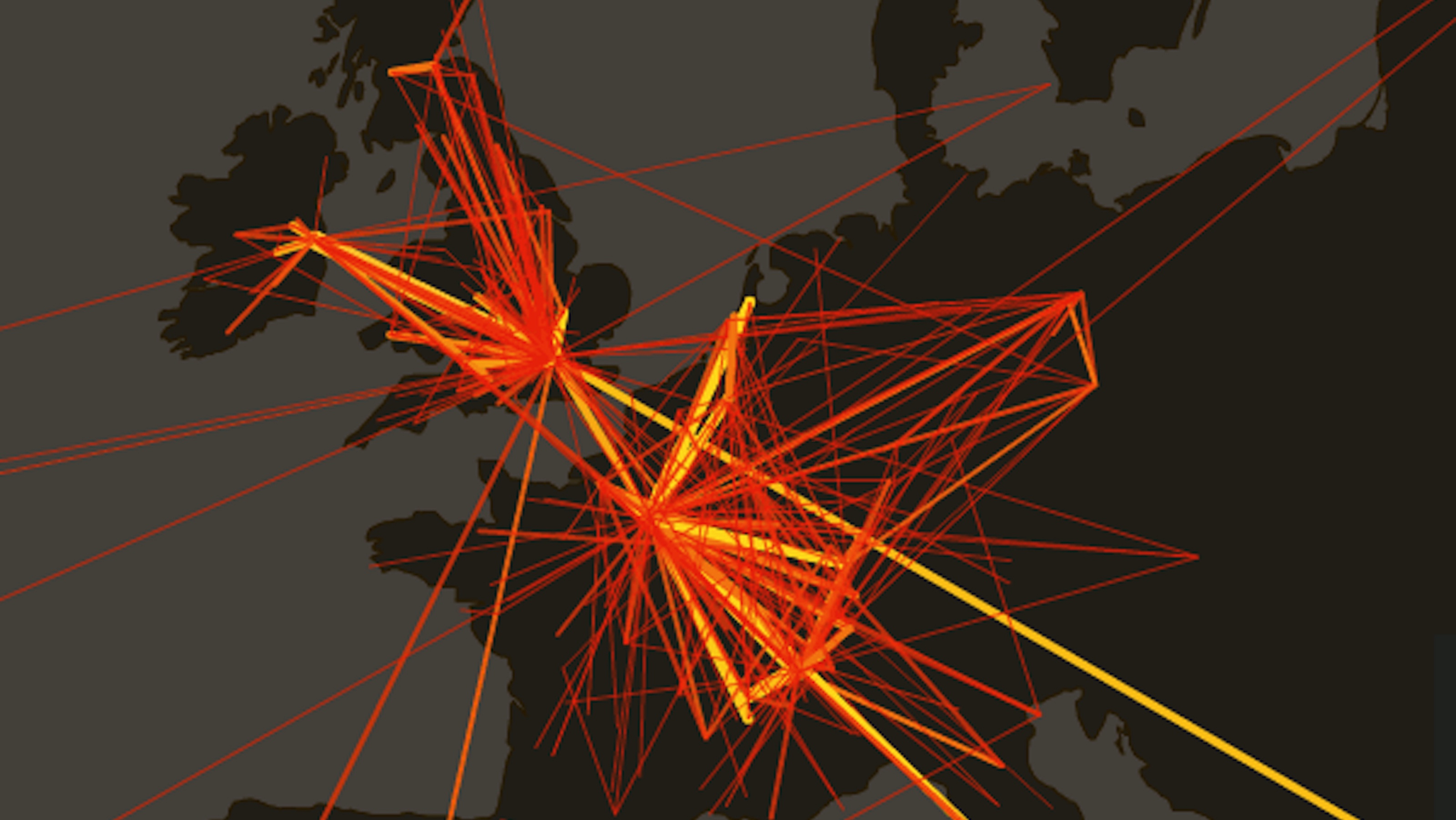Virginia Heffernan, journalist and cultural critic, believes the Internet is one of the great advances not only of our current culture, but of any culture at any point in history. The Internet allows for better documentation of the world around us, and we are slowly getting closer to a completely accurate documentation of history. Heffernan compares prior historical documentation to the crackle of vinyl records: they are a representation of reality created by humans but with a low fidelity to reality itself.
Technology, including the internet, is slowly evolving to be better at documenting what life is like. There are 4D movies, iPhones that can create holograms, and apps to document police encounters (such as Hands Up) or put dog ears on a selfie (Snapchat.)
As Mark Fischbach, online Youtube personality known as Markiplier, said back in December, 2014: “The global, shining goal of the Internet is to combine everybody and to let everyone talk with everyone, and unite, and make cool stuff together. I didn’t know it would happen this quickly.” He’s quite right. The Internet works best when everyone can contribute, and it lets people across the world interact and learn about other cultures, and other ways of thinking.
Just a few decades ago, sound in movies was a brand new thing, and color wasn’t even thought of. It was not that long ago that historians filmed real life Civil War veterans doing the now famous rebel yell. As Heffernan points out, the Internet and similar technologies are just illusions of pure documentation, like video of Civil War vets. What’s more, the Internet is just getting better…
Virginia Heffernan is the author of Magic and Loss: The Pleasures of the Internet.
Virginia Heffernan: I see the Internet as the great masterpiece of human civilization, to which we're all contributing all the time the nearly four billion of us with wireless access across the globe. And the reason I call it art is that the building blocks of this enterprise, the Internet, seem obscure, it seems like this must be the tubes or code or a complex surveillance state or operation of various huge tech companies. In fact what we're looking at and interacting with are ancient forms, including text and short form text that for centuries has been known as lyric poetry. And two-dimensional images that bear are a lot of resemblance to frescoes and even cave drawings that we now see the same tropes being resurrected on first Flickr and then Instagram and Snapchat. We see on YouTube we see performance and it music that might have belonged to the ancient Greeks. And, of course, we see music in the form of digitized music, MP3s, Lossless music streaming on title. So it's very difficult to me to see it as not art.
These are exactly the building blocks of civilization, the artifacts that have determined civilization, an increasing civilization. So rather than see us as going to more coarseness and barbarism with the Internet I see this as increasing civility, increasing organization and a natural progress of civilization.
The Internet does have the hallmarks of a move that we see in the culture since ancient times to increasing abstraction. So online where certain interactions might have taken place in an actual mob with actual fisticuffs, now you see those things happening on Twitter in the so-called Twitter mob with a kind of symbolic aggression that can be just as unnerving to witness. But as far as damage to physical bodies it's much kinder. And so there is a great book about the arguments for capitalism before it's triumph up by a writer Albert Hirschman. And he points out that capitalism had a sweetening effect. He calls it a sweetening effect. Dusar [ph]. It brought a level of – commerce brought a level of civilization to what might have been a war like interaction among peoples. I see the Internet on a continuum with that. I also like many other writers, especially early writers about the Internet see a religious and almost theological component to the Internet.
I came to the Internet by chance in 1979; ARPANET era, the era of the eve networks. I was a child. I lucked into a so-called dumb terminal that I could dial in with a modem and a coupler to a mainframe computer in the middle of my New Hampshire town. And when I looked at that screen, that dark, dark background and then the phosphor green letters in the front I wanted to know what was out there. I wanted to know what was in that squeal and crash of information I heard on my modem, I heard on the coupler on the telephone. And that speculation about what that deep space behind the letters might comprise or what the Macintosh and iPhone interface is keeping from us, you know, what that friendly interface is hiding from us, what that mystery back there is that can't be explained in simple engineering terms, it's at this point indistinguishable from magic as Arthur C Clarke said.
I believe that the form of the tradition that the Internet partakes of is realism. That doesn't mean that it actually represents the world. Photography is a realist form. It's not deliberately artful. It purports to represent the world as it is. Then you look at daguerreotypes photos, you look at Matthew Brady photos of the Civil War and you see all kinds of art, all kinds of posing, all kinds of formal conventions that hamstring it, even as it claims to represent the world as it is. Now, the same is true of film. The resistance to three-dimensional film recently has said well film already accurately represents the world. Well, the introduction of prospective in the renaissance made painting more "realistic," depth is an actual component of experience. So to say that 3-D that adding a third dimension, that adding depth is not a way to more accurately represented the world, at least short sales or represents like a high investment in the realism of two-dimensional film. A real credulity about how well we're representing the world as it is.
And that illusion, the illusion that we're getting closer and closer to more realistically representing the world is one that we have all the time. Every new technology, including science and the compasses and sextants of analog culture claim to represent the world as it is. And the arts have followed that too, except for that defiant pushback on the realist forms that we see with impressionism or say punk music. I see in the rise of vinyl, the renaissance in vinyl sells a love inaccurately representing musical symbols. So the so-called representative form that is the MP3 compressed musical technology aims to be super true to the idea of high, high, high fidelity, sharp realist representation of music. Well, the vinyl sound, the muddy or sound, the more mediated sound, the sound of that signals that there are dust particles and air and depth and grooves has a certain humanness to it that the impressionists captured when they left off trying to capture the world as it is and captured a subjective experience of the world. So yes, I believe that the illusion that the Internet not only represents life accurately but is life, is an illusion and it's an illusion we should be very aware of.






